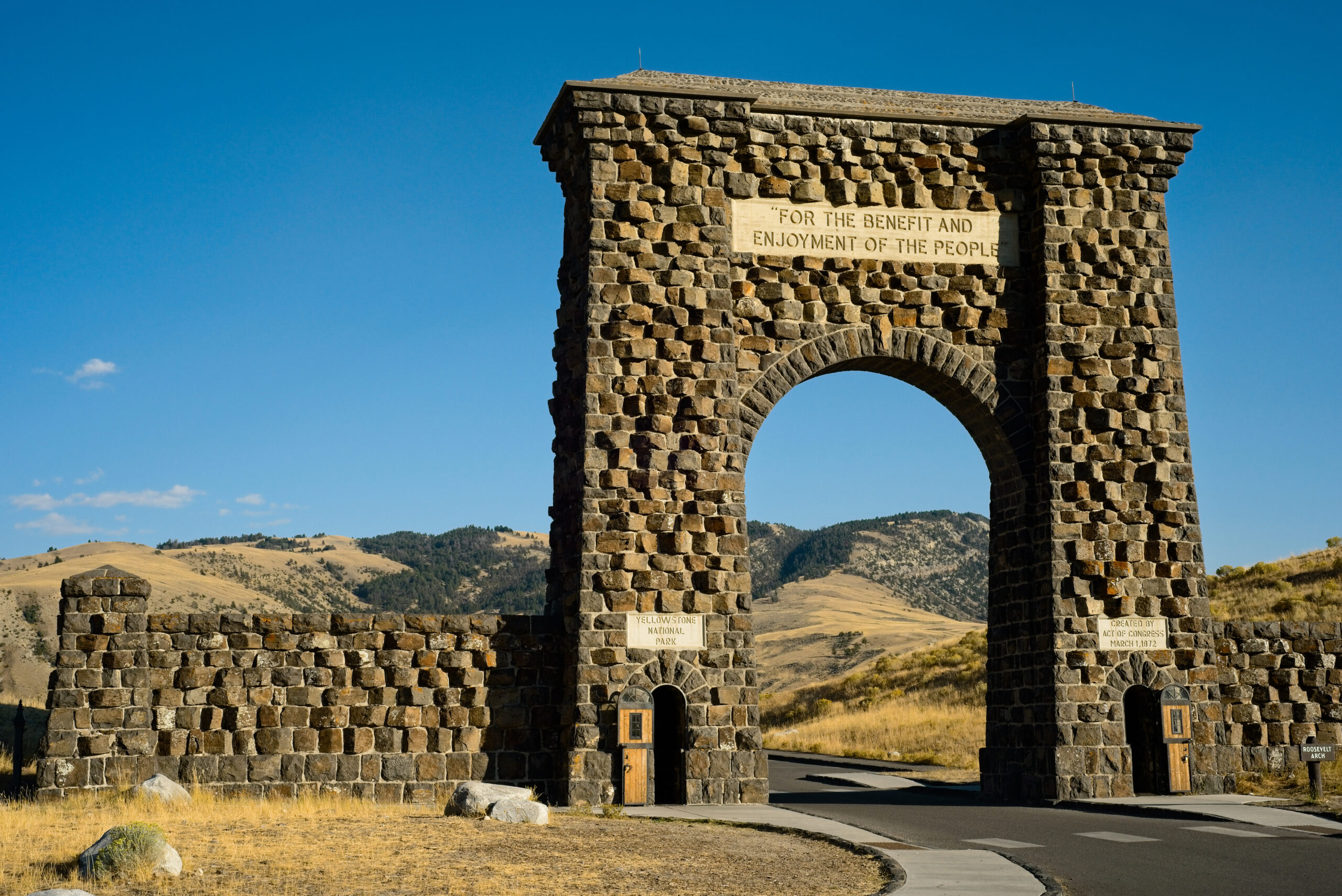The threat of a federal government shutdown, which included closing national parks, alerted many to the funding woes of national parks. But state parks may be more vulnerable.
As Stephanie Simon pointed out in the Wall Street Journal on Saturday:
Lawmakers in states including California, Washington and North Carolina are weighing budgets that would strip millions of dollars in taxpayer funds from parks, forcing some to close their gates and others to scale back restroom cleaning, trail maintenance, law-enforcement patrols and other services.
On the bright side, concession-operated parks on government lands do not have to close. Leasing state parks to private concessionaires offers a restructuring model states should consider as they contemplate solutions to ensure the long-term fiscal sustainability of state parks. As Leonard Gilroy wrote in PERC Reports:
One of the largest national recreation concessionaires, Recreation Resource Management, offered to lease six Arizona state parks targeted for closure amid recent budget cuts. They proposed to collect the same visitor fees the state charges today, while taking the operations and maintenance costs of these parks off the state’s books entirely. Further, the concessionaire would pay the state an annual lease payment based on a percentage of the fees collected. The state would retain full ownership of the land, and the company would be subject to strict state controls on operations, visitor fees, maintenance, and other key issues.
In short, the private sector is offering to take over the operations and management of cash-strapped Arizona state parks. And there’s no reason this same model could not work in other states.
As Gilroy concludes, “states should explore the opportunity to let private operators perform these functions—taking parks off the state books while paying the state for the privilege to do so.”



